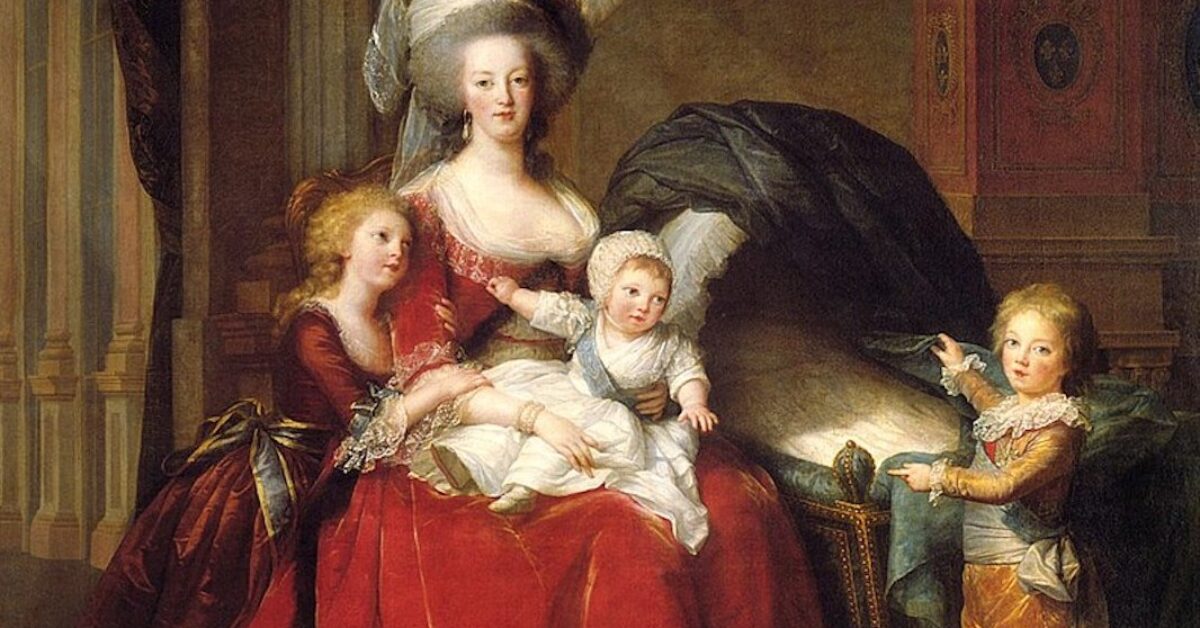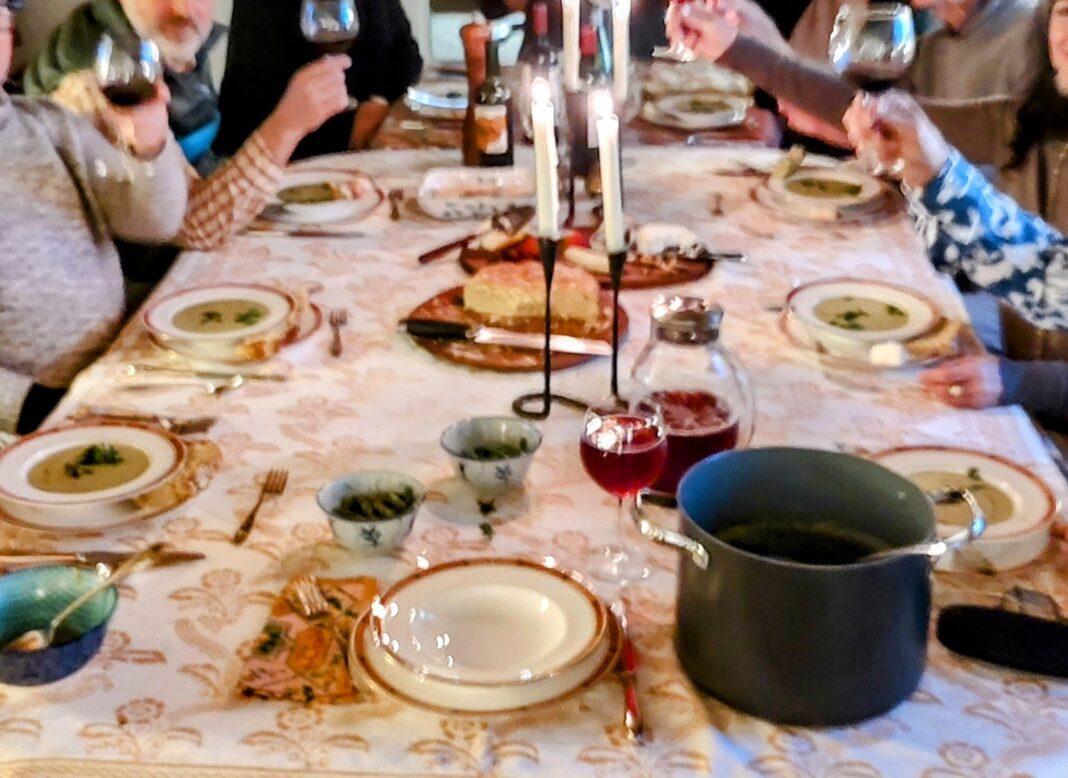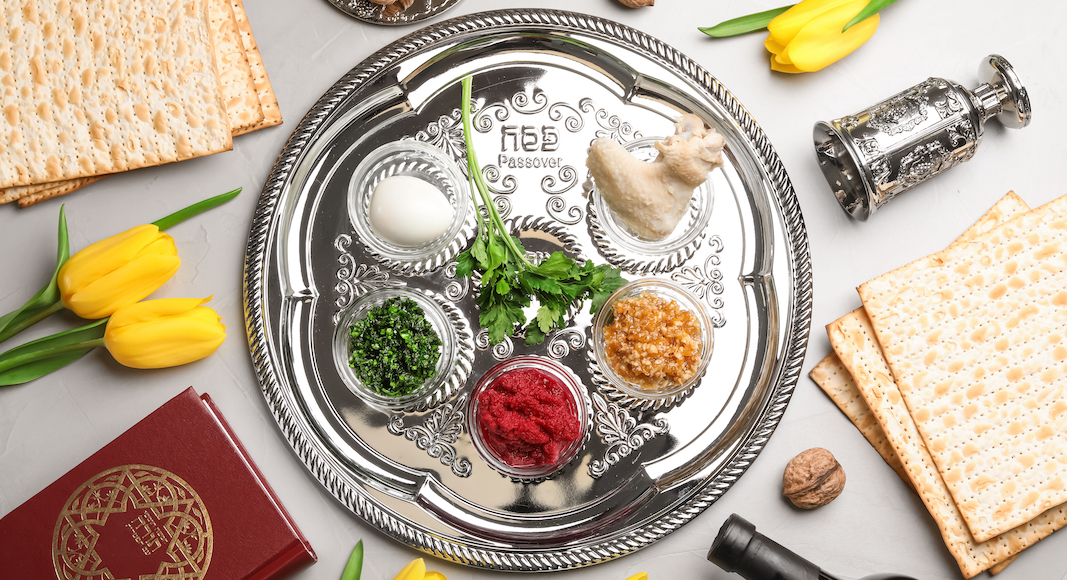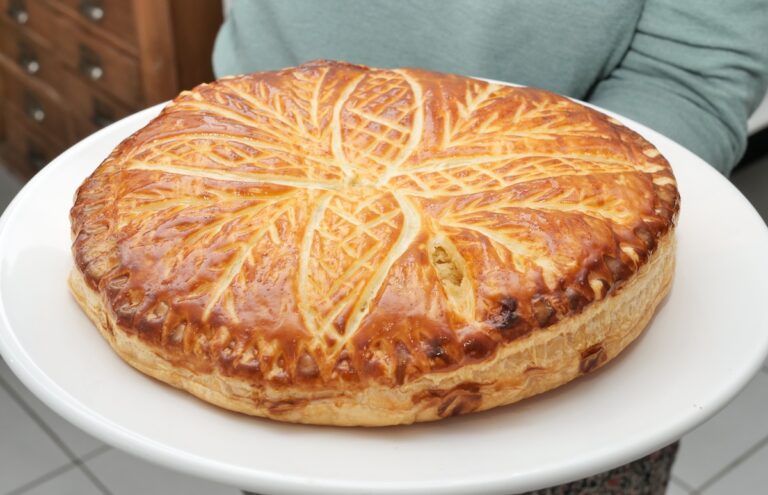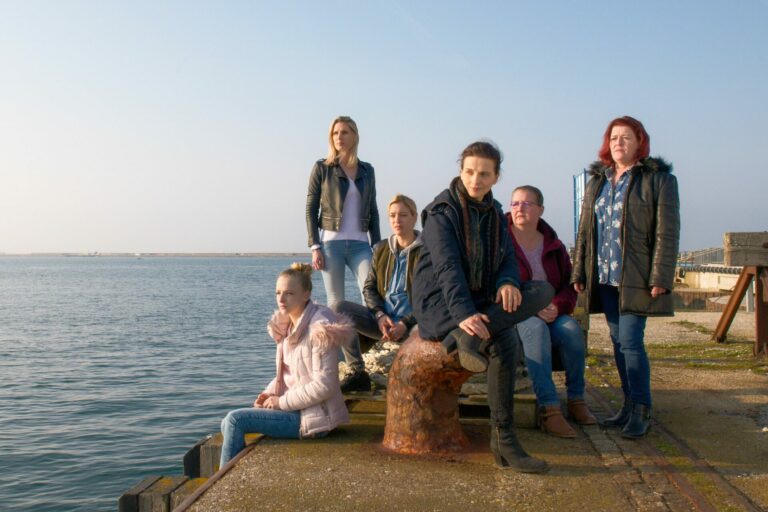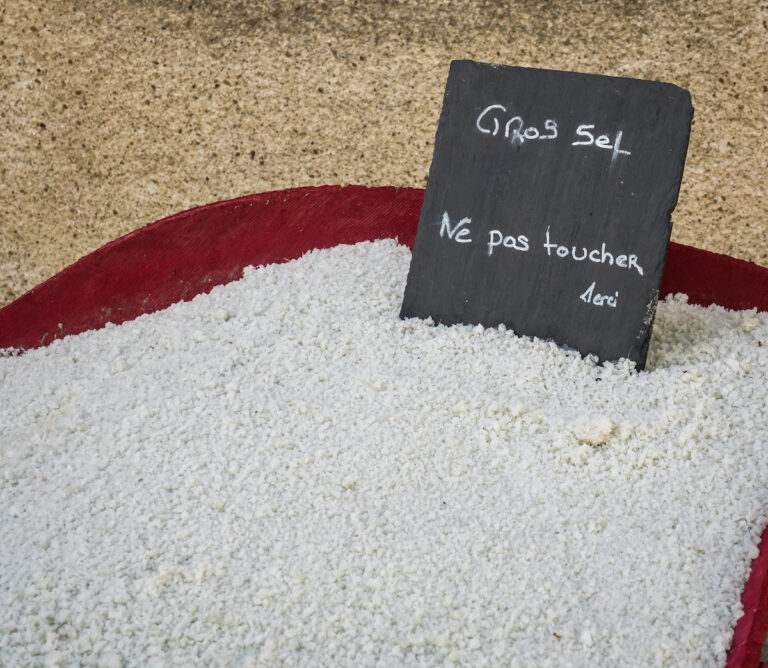April 07, 2023
Dear Frenchly Readers,
A new costume drama streaming on PBS and Amazon, called Marie Antoinette, focuses on the life and times of the infamous French queen, best remembered for a line she never said: “Let them eat cake.”
Though one might need to dispel disbelief at the idea that the German actress, Emilie Schüle, playing the young Marie, is fourteen at any point (the actress is 30), that doesn’t necessarily preclude getting inside Marie Antoinette’s head and cultivating some long overdue empathy for the French queen.
Marie Antoinette was married at fourteen, and if the show is to believed, before she’d even had her first period, to the French Dauphin, Louis-Auguste (who was later crowned Louis the XVI). Despite the fact that she was not yet fertile, the expectation was that she would produce, in quick haste, an heir, which would seal an allied partnership between the former foes, Austria and France, in a strategic alliance against Prussia and Great Britain. The young Maria Antonia, as she was known back home, was henceforth delivered to France and dropped in the forest of Compiègne, north of Paris. From there she was dispatched to her new husband and given her new name, Marie Antoinette. In the forest, Marie Antoinette was forced to give up her beloved pug, Mops, as he was considered one of her “Austrian possessions,” now verboten in France. She had already left behind her mother and fifteen siblings, including a beloved sister, and everything she knew.
As a young girl, Marie Antoinette was a gifted singer and dancer, and played the harp, harpsichord, and flute. She met Mozart, who was five, when she was seven. Although she has often been remembered as frivolous, out of touch, and, stupid, even, more recent research suggests that she was actually quite intelligent. What occurred to me this morning, while reading more about her, was that she may have actually been dyslexic. By the age of ten she couldn’t write in German, French or Italian and had trouble speaking fluidly. Her intelligence, however, according to a tutor dispatched by Louis XV, was not at issue. She was just “hard to teach.” I wonder how many kids these days would be put into that category by their teachers?
A new book, still being written by a French history scholar at William and Mary, Ronald Schechter, is called The Secret Library of Marie Antoinette and will be published sometime in the coming year by Yale University Press. Given some of the early talks the writer has given at places like The Morgan Library, in NYC, and in this interesting video, it seems the Queen was intensely engaged in educating herself. Secretly, and with illegal books, she studied what was happening and being discussed outside the palace walls. This revelation is a departure from her reputation as a less-than-brilliant woman of luxury who was terribly out of touch with what was happening in France. She owned every book by the philosopher Rousseau, for instance, the same guy who claimed she said, “let them eat brioche” during a flour shortage in France. Rousseau is also credited with creating the atmosphere that began the Revolution in France.
It’s interesting to me to read about her and realize that she was, and is still, a victim of over 200 years of misogyny. By the time she was married at the Palace of Versailles, most of France had already formed a disagreeable opinion of her. Despite the fact that she was pretty, chatty, and generally personable, the alliance between Austria and France was not a popular decision, and she bore the brunt of this negativity. Also, there were other nefarious forces and agendas within the palace that must have been confusing, and perhaps even scary, to the young girl.
At the heart of the matter was the royal imperative to get Marie Antoinette pregnant. After her terribly awkward, even traumatic, wedding night, when she and Louis-Auguste needed to undress and get into their marriage bed in front of a room of onlookers commenting and jeering, it took Marie Antoinette a good eight years to produce a child. The reasons are not entirely known, but there seemed to be something of an impotence, or just extreme ignorance, issue with young Louis. By the time he finally sired a child with her, everyone said there was no way the child was his; Marie Antoinette was accused which each successive child of being unfaithful. (History has since tried to amend some of this story, and she is remembered as having been a devoted mother.) But infidelity, real or superimposed on her, was just the beginning of her long, unhappy life of scandalous rumors, two failed pregnancies, two dead children before the age of ten, and more tragedy upon tragedy, ultimately ending with her own beheading at the age of 37. Though the series on PBS sometimes trivializes her complicated emotional life in favor of the louche, it does bring her legacy back into the conversation, prompting this viewer to want to know more about who she really was. Perhaps her library will help unlock some of those precious secrets.
À cuisiner, regarder et lire çe weekend:
In the Rhône-Alpes region of France, it is customary at Easter-time to make a large, doughnut shaped bread, flavored with vanilla and orange blossom water and sometimes decorated with pink Lyonnais pralines for a festive Easter-egg pink. It’s called an Easter Pogne or Pogne de Romans, roughly translated to mean an Easter Mitt, or Mitt of the Romans. Much like a brioche, it’s a yeasted and fortified dough that is lightly sweetened and baked until glistening.
It’s not too late to make these terrific French Passover or French Easter menus, which Cat Rickman and Kate Christensen created just for you. Or, at least, skip ahead and make the cakes (I mean, even if Marie Antoinette didn’t say it, let your guests, kids, wives, husbands, or just yourself eat some cake, I say.) Or make a plan for a cocktail or two to get through Easter brunch with your father-in-law loitering about.
Hoping to vacation in France sometime in the next year? We now have flights to France broken down for you by airline and airport, with tips for what to consider before you buy. Like, are kids traveling? Is it better for the environment to stop in Reykjavik or fly direct? And, if you get stuck in a French airport for a long time, we have suggestions for where to eat.
If you, like me, read the news on Le Monde, here’s an interesting article about how Le Monde translates their French paper to English for their newish Le Monde in English. Spoiler: Yes, they use AI. Super smart AI that’s able to add “in necessary context for non-French readers while remaining true to the original French text.”
Here’s a language challenge for your weekend if you have time between hunting for Easter eggs (no, you may not use AI; just your own intelligence, please): What do the French call an advice column? (À la Cheryl Strayed’s Tiny Beautiful Things: Advice on Love and Life from Dear Sugar which has just been adapted into a new TV series on Hulu by the same name, starring Kathryn Hahn.) Here is a hint.
Happy Easter. Have a heart-filled weekend.
À bientôt,
PS: If you like these Le Weekends, please forward them — Frenchly is growing and improving and we want as many people to know about our writers and interesting subjects as possible!
Did you get forwarded this email? Sign up here on our homepage at the sign-up widget to receive this newsletter every Friday in your inbox–I’ll give you news, films, recipes, books, stories and more every Friday afternoon to help you plan and enjoy your weekend!
If Le Weekend is going in your junk or spam or promotions box, please add us to your contacts by clicking on the address and hitting “add contact” or by dragging “Le Weekend” into your regular box, so you don’t have to hunt for it each week.
If you have missed any of my Le Weekends or are new to this newsletter, or want to go find a TV show or a podcast or a singer or a movie or a recipe I had in one, they are (mostly, I am often behind, please have patience!) all here on Frenchly.us.
Come find us on Twitter, Instagram, or Facebook.
And to advertise with us, contact our great sales team here.

